Dear Berkeley Journalism Community,
My name is Geeta Anand, and as the new dean of Berkeley Journalism, this is my first quarterly note to you, our devoted community of friends, allies, alumni and supporters. I write to express how thrilled, humbled and inspired I am to serve as dean of this 52-year-old school. I also want to share my vision for our school and our industry at this critical juncture in the history of journalism and our country. And to highlight the stunning achievements of our school, including the remarkable work done by our students, faculty and alumni in recent months.
I come to this position as the first woman—indeed, the first woman of color, but also as a passionate practitioner of journalism who has worked for nearly 30 years as an author, investigative reporter, political reporter, healthcare expert and foreign correspondent for some of the world’s most important newspapers. My work has held corporate CEOs and family members of government leaders accountable for corruption; governments and international aid organizations for the spread of drug-resistant disease; and drug companies for the high cost of medicines. In my book and in newspaper stories, I have probed deeply the human struggles to survive against incredible odds. I have lived the story of journalism as a force for accountability, truth, justice and understanding in this world. And I have done so as a woman of color who often struggled to have her voice heard and her work seen in newsrooms dominated by white men.
I am taking over leadership of this school at a moment when journalism has never been more important or more at risk. The U.S. has just gone through an election in which the idea that facts are real and indisputable has been under attack. The truth needs reinforcements. The truth-tellers need to be strengthened and who they are needs to change to include all of America—and not just privileged white men.
With your support, Berkeley Journalism intends to strengthen its programs to send the best-trained revealers of truth and injustice out into our deeply troubled world.
Also with your support, we seek to lead the way in changing the face of journalism by revolutionizing the economics of journalism education so many more first-generation students can afford to enter our profession—and stay in it to become the next generation of leaders. Mainstream journalism has failed again and again because of the lack of diversity—particularly in its leadership. We missed the huge support Donald Trump had amassed among alienated white voters four years ago. America was shocked and horrified to see George Floyd’s killing on video this past summer because we had failed for decades to tell the story of the extent of police brutality on BIPOC by those sworn to protect and serve. We aim to educate journalists and journalism leaders who are more diverse in their class and caste and race, so that we, as an industry, will make fewer mistakes, and journalism, that sacred first draft of history, will be truer to the lived experience of all of us.
At Berkeley Journalism, our swing-for-the-fence goal is to lower the economic barriers to journalism education by raising $100 million to make our school tuition free. We know this is a hugely ambitious goal that may take many years to achieve. For this year, we ask you to help us raise the first $5 million of an endowment toward student scholarships and fund five full $70,000 scholarships for first-generation students. Bill Whitaker (’78), the “60 Minutes” correspondent who is an alum and Advisory Board member is partnering with me in leading our effort to raise student support. Watch his fabulous short video for his alma mater here. I can’t thank him enough.
If you would like to join any of these efforts, please contact Jeff Rhode, our assistant dean for advancement.
Meanwhile, to help our students meet urgent financial needs, four passionate alumni started a crowdfunding effort to raise $100,000 through gifts of $100 or more. Together with these alumni—Stephen Hobbs (’14), Tamara Keith (’01), Mark Luckie (’07), and Zainab Khan (’16)—we are helping students who are struggling to pay for food, avoid being evicted from their apartments, and other financial emergencies. We’ve raised more than $30,000 thus far, and I invite you also to consider supporting that effort.
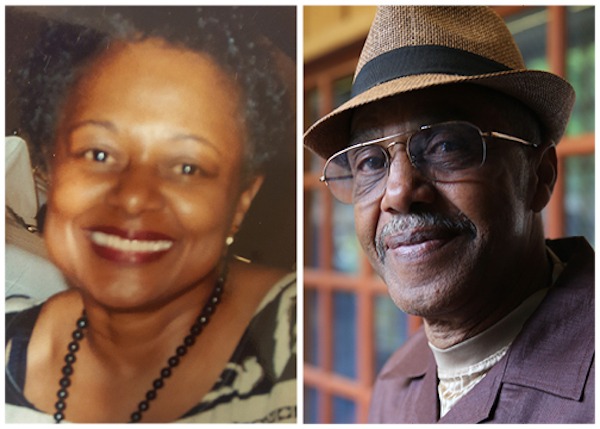
Janice and Art Douglas
The fund—the Janice Clementine Douglas Student Emergency Fund, named in honor of the late wife of our beloved, retired custodian Art Douglas—will help students experiencing urgent needs. Here, you can read the story of the role Art Douglas played in our students’ lives and learn how his supportive spirit sparked the creation of this fund. You are certain to be inspired.
Join us in supporting our students and honoring Art and Janice Douglas with a gift.
Strengthening Our Programs
We aim also to strengthen our flagship investigative reporting and documentary film programs by not just raising money to support students’ work in these areas—but also, longer term, endowments through naming rights in the $5 million to $10 million range. And to create partnerships with other campus schools to teach our students the latest techniques in reporting safely, accurately and comprehensively on the web—including how to use data, cybersecurity, open-source reporting and the ability to identify deep fakes, or images created with the aid of artificial intelligence.
Racial Justice
In response to the national uprising against systemic racism, our community has worked together since July to create a plan to address concerns raised by our student chapter of the National Association of Black Journalists (NABJ) and others. A steering committee of our students, alumni, faculty and staff is now working on implementing that plan.
We’ve refocused our recruiting efforts to assemble one of the most diverse teaching bodies in our history.
We’ve hired veteran radio producer and senior editor of the Weekend Desk at KQED Queena Kim (’00) as head of our audio program and Jonathan Blakley, executive director of radio programming at KQED to co-teach advanced radio with current lecturer Ethan Lindsey. To teach our introduction to reporting classes, we hired Yumi Wilson, a former news reporter and editor for the San Francisco Chronicle who has been a lecturer in our summer undergraduate minor; Kavitha Cardoza, a radio journalist and former special correspondent at WAMU in Washington; and David E. Thigpen, a former Time Magazine reporter who has been head of our summer undergraduate program. We also hired Nani Sahra Walker (’18), a documentary filmmaker and immersive producer at the Los Angeles Times, to teach introduction to visual journalism; director and cinematographer Nausheen Dadabhoy to teach videography; journalist/author Lakshmi Sarah (’16) to co-teach the master’s project seminar in new media with fellow alum Jeremy Rue (‘07); and Anita Varma, assistant director for journalism and media ethics and social sector ethics at Santa Clara University, to teach the ethics portion of the law and ethics class.
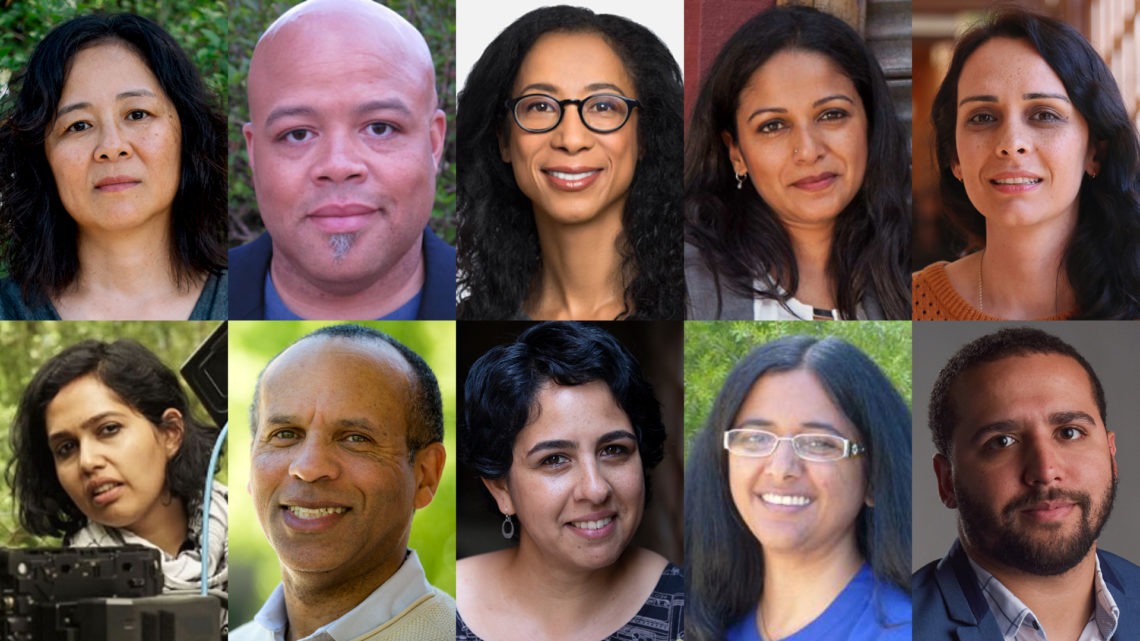
Clockwise from top left: Queena Kim, Jonathan Blakley, Yumi Wilson, Kavitha Cardoza, Nani Sahra Walker, Wesley Lowery, Anita Varma, Lakshmi Sarah, David Thigpen, Nausheen Dadabhoy
We’ve also hired Pulitzer Prize-winning reporter Wesley Lowery to join the Investigative Reporting Program as special projects editor this semester. Lowery comes from The Washington Post, where he was a national correspondent, covering law enforcement, justice and their intersection with politics and policy. Lowery is leading a team of graduate students investigating police misconduct in the United States, and he’s providing guidance on other IRP investigations.
Events
The pandemic has limited the number of public events we could hold this fall, but we managed to host Wesley Lowery’s talk during the Class of ‘22 orientation and joined with UC Berkeley’s Latinx Research Center to present Salvadoran American journalist Roberto Lovato in discussion with alum Jess Alvarenga (‘20) in September during Hispanic Heritage Month about his new book, “Unforgetting: A Memoir of Family, Migration, Gangs & Revolution in the Americas.”
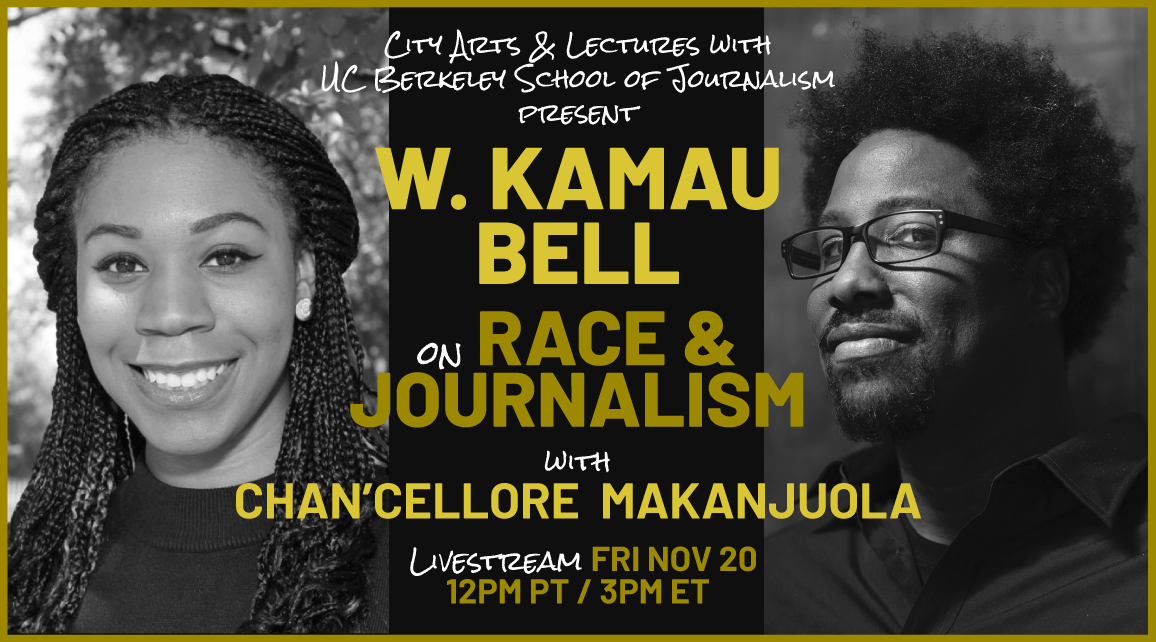
Also, we just enjoyed W. Kamau Bell in conversation with our own Chan’Cellore Makanjuola (’21) at a special City Arts & Lectures event on Friday, November 20. Join me, Prof. David Barstow, lecturer David E. Thigpen and alum and Advisory Board member Tamara Keith (’01) for a conversation tonight, “Journalism and the Post–Presidential Election Political Scene,” Monday, November 23 at 6:30PM Pacific Time (virtually) at BAMPFA. RSVP here.
Student Publishing and Partnerships
In our push to focus the curriculum more on publishing, we recently launched a virtual newsroom to cover this unprecedented election. Twenty-seven students published 44 stories on everything from election integrity to key ballot measures in counties across California. Their stories were published by our new partner CalMatters, the Sacramento-based nonprofit newsroom, and Votebeat, the nonpartisan reporting project covering local election integrity and voting access, as well as KQED in San Francisco. Our school’s own publishing sites Oakland North and Richmond Confidential also published important stories. Read the stories here. I want to commend David Barstow, the four-time Pulitzer Prize winner who is chair of the IRP, and Janice Hui, the IRP’s managing director, who led the way in this herculean effort.
Additionally, more than 60 Berkeley undergraduate and Berkeley Journalism students worked together in a virtual newsroom in partnership with the Human Rights Center at Berkeley Law. The goal was to use open-source monitoring tools to flag potential violence and militia movements during the election week for possible stories for The Washington Post.
To invest in the city of Richmond, a Bay-Area community long reported on by our student publishing site Richmond Confidential, Berkeley Journalism has established a fellowship program with the youth-led, local community news outlet Richmond Pulse. Two Richmond Pulse reporters, Maria Bernal and Denis Perez Bravo, are our inaugural fellows. Each will receive $2,000, audit J200 classes with lecturer Mark Schapiro, have special one-on-one mentorship from him for an hour each week, and receive a certificate of achievement during our annual commencement.
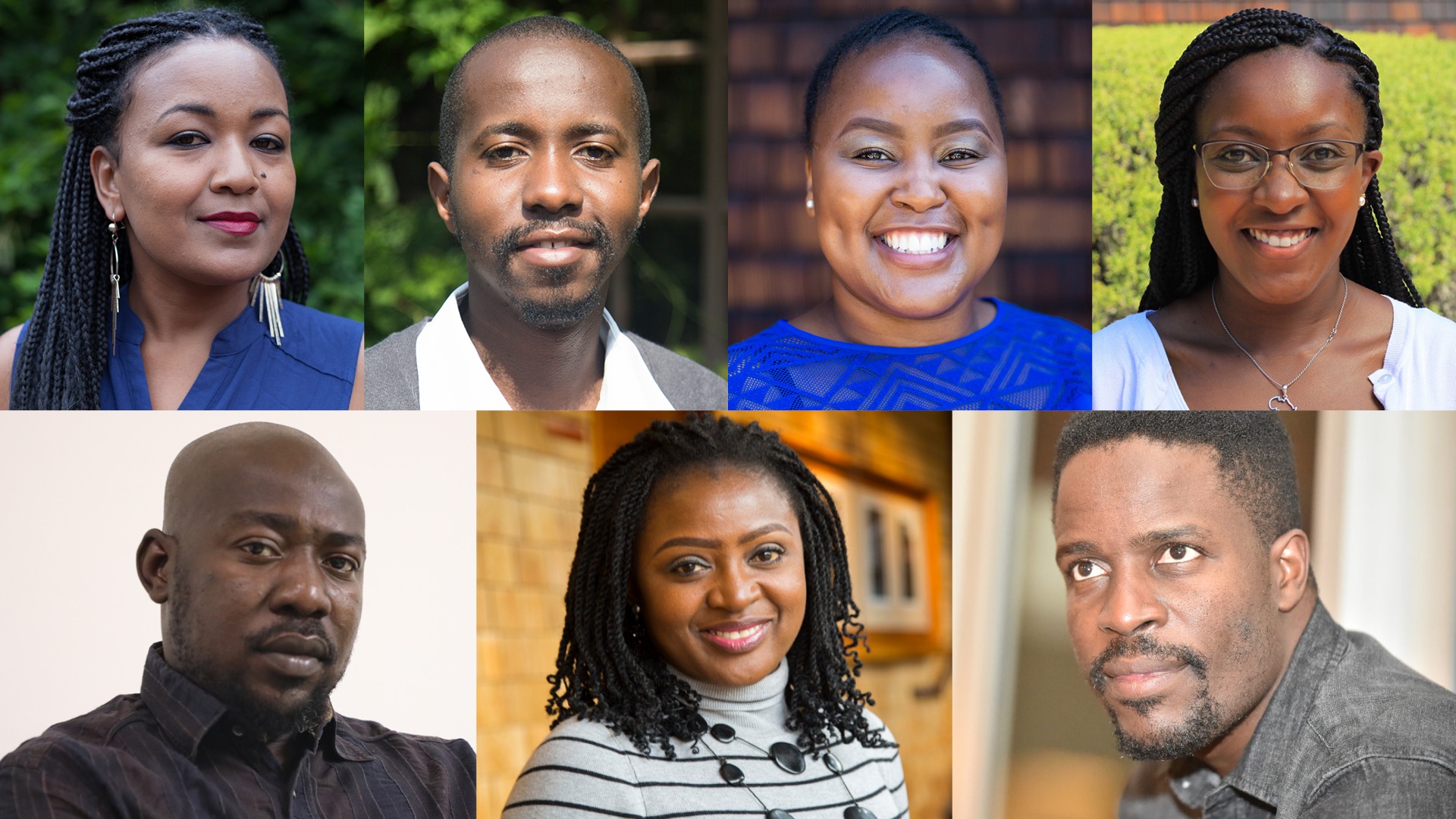
Clockwise from top left: Nebiat Assefa Melles (’18), Carlos Mureithi (’19), Boikanyo Tefu (’20), Waringa Kamau (’17), Tawanda Kanhema (’14), Grace Oyenubi (’18), Alsanosi Adam (’16)
Since 2012, Berkeley Journalism has hosted a campus-wide program funded by the Mastercard Foundation that recruits students from Africa to attend our school. Seven of the 49 scholars to earn their graduate degrees at Cal did so at Berkeley Journalism and are now producing documentaries, reporting for The New York Times, teaching multimedia skills to budding journalists, and more. In August, UC Berkeley announced a 10-year renewal of the program, and two scholars from Kenya, Idris Muktar (’22) and Kenneth Kipruto (’22), have enrolled this semester. We are so thrilled to see this important program continue.
Berkeley Journalism has partnered with experts from UC Berkeley’s Citizen Clinic on a pilot program to integrate cybersecurity training into the journalism classroom. Citizen Clinic, housed in UCB’s Center for Long-Term Cybersecurity, is the world’s first public interest cybersecurity clinic. Fifteen first-year grad students in one of our introductory Reporting the News classes taught by Lecturer David E. Thigpen are learning how to safely conduct investigations and report on the online activities of political extremist groups.
Student News
Gisela Pérez de Acha (’20) was part of The New York Times visual investigations team in 2019 that won an Emmy for Coverage of a Breaking News Story for their remarkable story, “El Chapo’s Son: The Siege of Culiacán” for The Weekly.
Orion Rose Kelly and Pedro Cota’s (‘20) thesis documentary, ‘Na Luta Delas’ (In Their Fight)—about growing violence against the LGBTQ+ community in Brazil— was named a finalist in the Student Academy Awards.
Clara Mokri (‘21) has been named this year’s Jim Marshall Fellow for photojournalism. “Her way of seeing light and composition is very powerful and she is a great editor,” said Ken Light, Berkeley Journalism’s Logan professor of photography. “She’s like a star on fire.” In July, she was selected for the prestigious Eddie Adams Workshop honoring the country’s most talented young photographers.
Daniel Roman (‘21) and Prof. Elena Conis co-wrote “Epizootic: How Infectious Disease Can Move From Wildlife to Humans — and Back to Wildlife: Lessons from the history of plague in California” for Bay Nature and gave a related talk to the Bay Nature Institute on October 6.
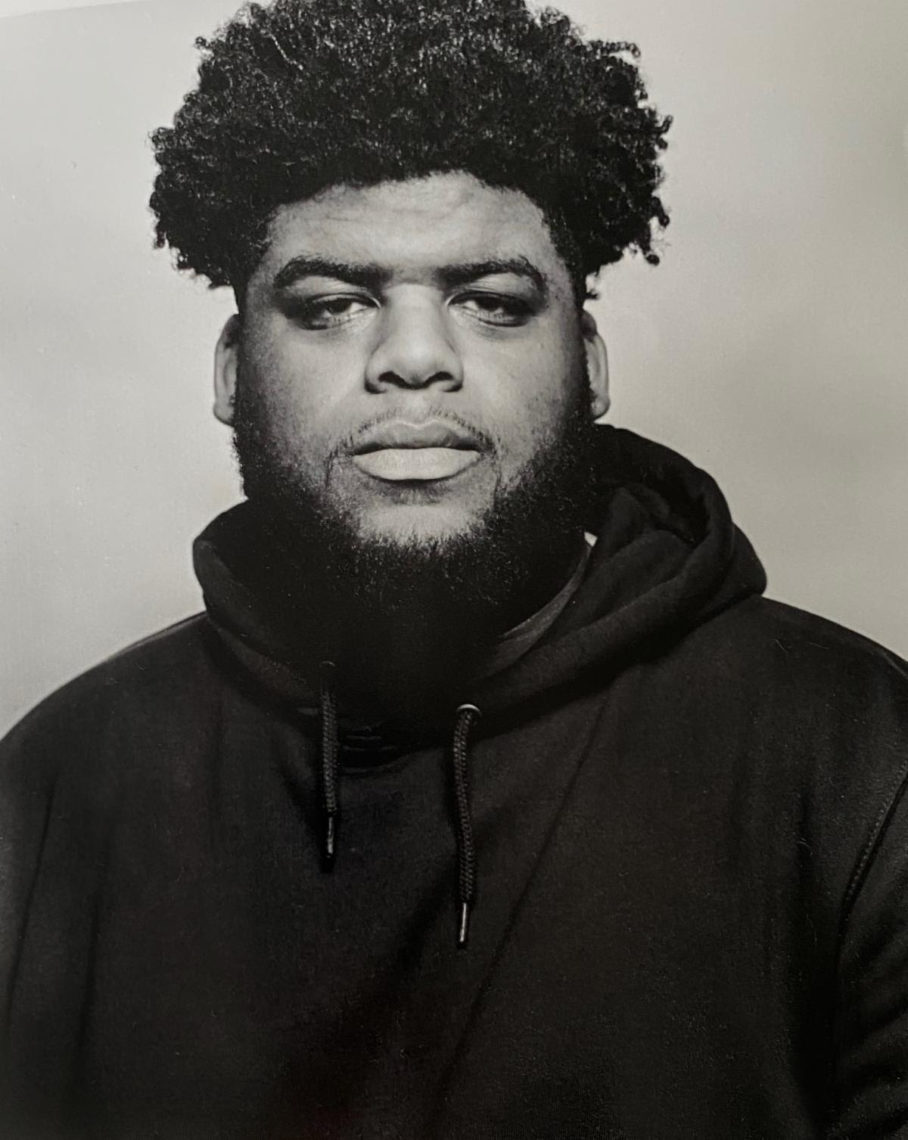 Skyler Glover (‘21) has been named the Marlon T. Riggs Fellow in documentary filmmaking. The $10,000 fellowship was created in 2014 through the efforts of Vivian Kleiman, a long-time collaborator of the late alumnus and filmmaker Marlon Riggs (’81), who helped build the School’s prestigious documentary program.
Skyler Glover (‘21) has been named the Marlon T. Riggs Fellow in documentary filmmaking. The $10,000 fellowship was created in 2014 through the efforts of Vivian Kleiman, a long-time collaborator of the late alumnus and filmmaker Marlon Riggs (’81), who helped build the School’s prestigious documentary program.
Anne Marshall-Chalmers (’22) has a fascinating story on crows and their ritualistic response to deaths in their community, in the Fall 2020 issue of Bay Nature.
For 5280 Magazine, Haley Gray (’21) has a beautifully written backstory of a top editor’s departure from High Country News, and the challenges of rewriting the narrative of the West.
Dallin Mello (’22) covered the shutting down next summer of the Institute for the Study of Societal Issues (ISSI), a research institute that has long served Black and Indigenous students of color on campus, for Bay News Matters.
Human Rights Center Fellow Anne Daugherty (‘21) spoke at HRC Lunchtime Talks about her fellowship experience working with a HRC team and partnering with Insecurity Insight to investigate and verify cases of global attacks on health care workers and facilities via open-source intelligence. Anne also shared ethical and journalistic challenges about how to best disseminate these results, with an eye towards improving global human rights.
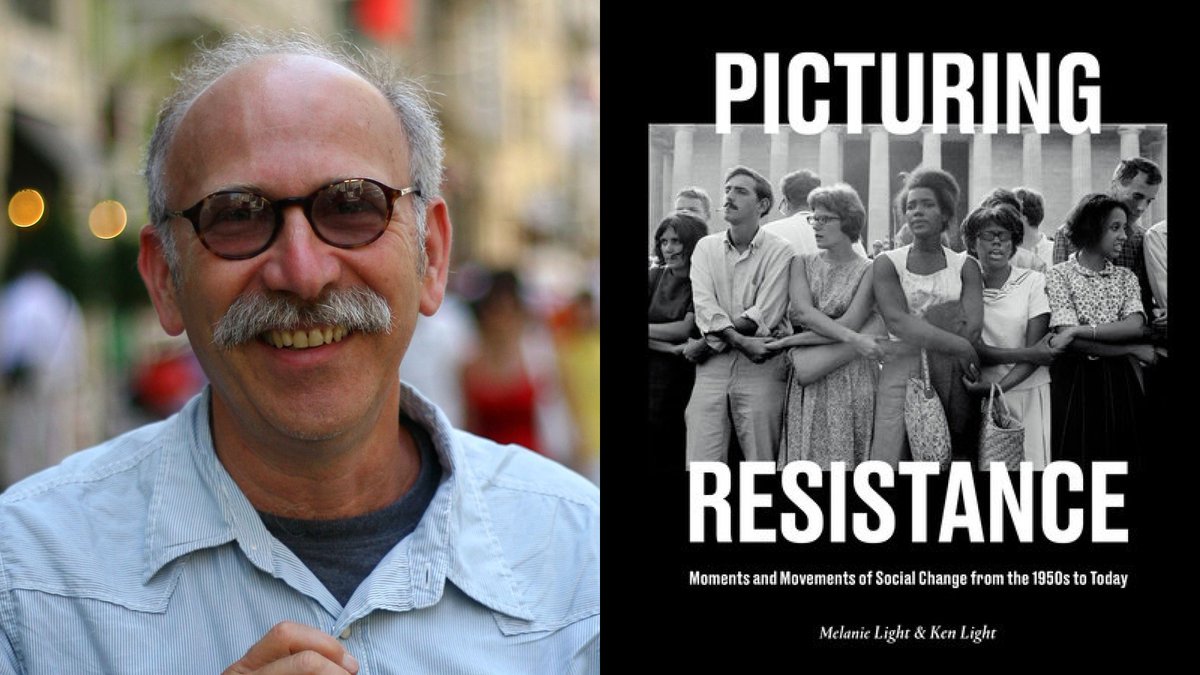
Faculty Publishing
In faculty news, Adjunct Prof. Ken Light has a new photography book out “PICTURING RESISTANCE: The Fight for Democracy in America,” featuring photojournalism from the front lines of the civil rights, women’s, environmental and disability rights movements. We hosted a special virtual event in October featuring Prof. Light and three of the book’s featured photographers. Read the San Francisco Chronicle’s review of the book and UC Berkeley’s interview with Ken here. Ken was also recently interviewed for a Berkeley Book Chat at the Townsend Center for his previous book, “Midnight La Frontera.”
Lecturer Adam Hochschild profiled former National Football League player turned restorative justice activist Eric Butler in Mother Jones, featuring a photo by alum Wesaam Al-Badry (‘20). The story is a hopeful template for change, and I urge you all to read it. He also wrote a humorous take on the summer’s epidemic of toppled statues for the San Francisco Chronicle.
Prof. David Barstow was nominated for NYU Journalism’s Top 10 Works of Journalism of the Decade for his Pulitzer Prize-winning New York Times story, “Trump Engaged in Suspect Tax Scheme, As He Reaped Riches From His Father.”
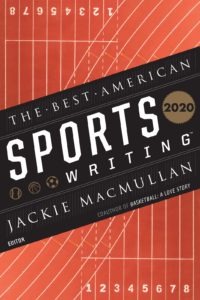
Lecturer Chris Ballard had two stories included in the 2020 edition of The Best American Sports Writing. “Jeff Hatch Was Dealing Fentanyl. And Helping Addicts. Then a Planned Visit from the VP Blew It All Up,” was reprinted in full. The other, “Project: Phenom” about the youngest professional women’s soccer player, was listed as a notable piece.
Lecturer/Director Nausheen Dadabhoy is among the latest cohort of Sundance Institute Documentary Fund grantees for post-production of “An Act of Worship,” an exploration of the last 20 years of Muslim life in America.
Prof. Jeremy Rue (‘07), who has been teaching at Berkeley Journalism for 12 years, has been appointed associate dean and associate adjunct professor. He is my key partner in running the school, and I could not be more grateful for his experience, diligence and kindness.
Prof. Richard Koci Hernandez was interviewed about teaching and creating safe spaces under a pandemic cloud in the National Press Association’s News Photographer magazine. The story features stunning photographs by Stephanie Penn (‘20) first published as part of our partnership with The New York Times to chronicle COVID this year.
Attorney and Continuing Lecturer Thomas R. Burke is representing the U.S. WeChat Users Alliance in a constitutional challenge to President Trump’s executive order banning the “super App” on which tens of millions of Chinese Americans depend, particularly during the pandemic. In September, hours before the ban was to take effect, a San Francisco judge issued an injunction on First Amendment grounds. The Ninth Circuit Court of Appeals has since denied the Trump Administration’s motion to stay the preliminary injunction. Mr. Burke told The New York Times: “Never before has a president sought to ban an entire social media platform — used by a minority community to communicate — with such discriminatory animus and haste.”
Prof. Mark Danner deciphered “truthful hyperbole,” “imaginary revenge” and “ressentiment,” after attending a Trump rally in Michigan, in The New York Review of Books.
Lecturer Mark Schapiro wrote in the Los Angeles Times about how in one week, every element that makes life possible on Earth—the sun, the air, the water—went berserk.
Media ethicist, professor and former dean Ed Wasserman wrote in the San Francisco Chronicle that we might be seeing reaffirmation of the power of great journalism and the unique role it plays. He also discussed the 2020 election cycle, targeted by disinformation on an even larger scale than in 2016 with KCBS Radio In Depth.
Prof. Andrés Cediel (‘04) and former instructors Daffodil Altan (‘04) and Garance Burke (‘04) were awarded an Emmy for Continuing Coverage of a News Story for “Kids Caught in the Crackdown.” The story is an important one for our times. As the detention of migrant children climbed to record-breaking levels under President Trump, PBS Frontline and the Associated Press investigated what was going on inside federally-funded shelters—and the lasting impact on children held in U.S. custody. The film’s production team included nearly a dozen past and current Berkeley Journalism students.
Read about all of the Emmy nominees and winners from our community below.
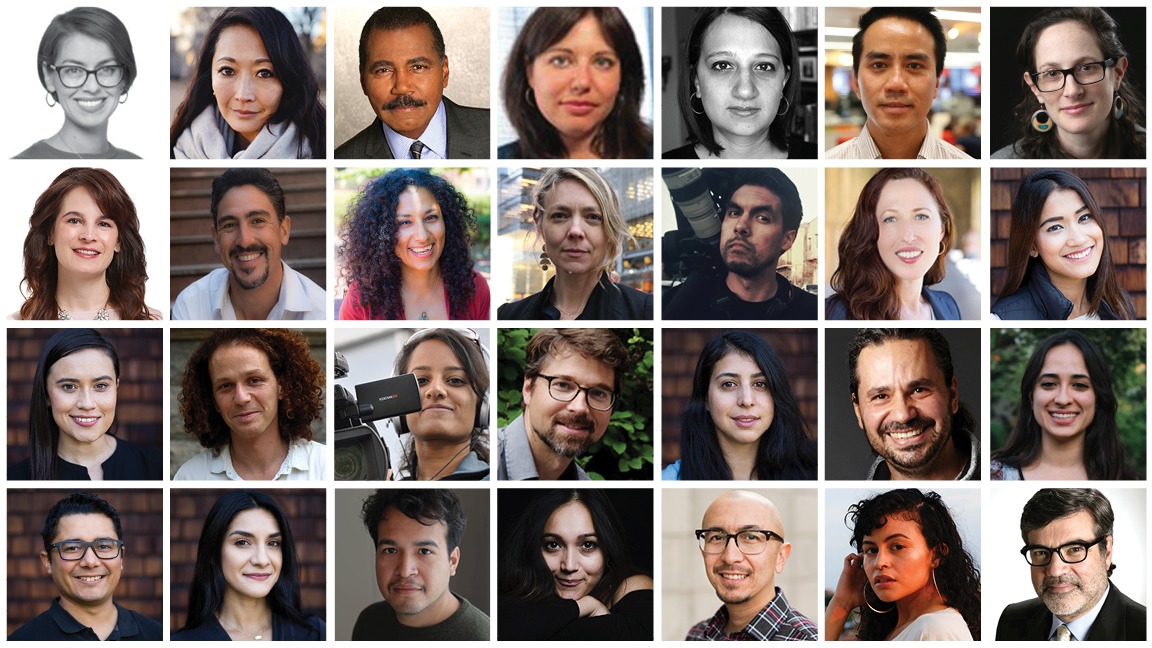
Our Excelling Alumni
In alumni news, more than 20 alumni were recognized by the National Academy of Television Arts & Sciences, the highest number in our community since 2016. Congratulations: Rachel de Leon (’14), Emily Taguchi (’06), Bill Whitaker (’78), Alexandra Berzon (’06), Sweta Vohra (’10), Tommy Nguyen (’05), Emma Cott (’09) Marjorie McAfee (’06), Andrés Cediel (’04), Daffodil Altan (’04), Singeli Agnew (’07), Roberto Daza (’12), Garance Burke (’04), Javaria Khan (’19), Betty Márquez Rosales (’20), Mario Furloni (’11), Shilpi Gupta (’03), Brent McDonald (’04), Rosa Amanda Tuirán (’20), Gregory Winter (’00), Gisela Pérez de Acha (’20), Pedro Cota (’20), Lulu Orozco (’20), JoeBill Muñoz (’19), Bo Kovitz (’19), Jean-Philippe “J.P.” Dobrin (’19), Jess Alvarenga (’20) and David Corvo (’72). Read about the nominated and winning stories here.
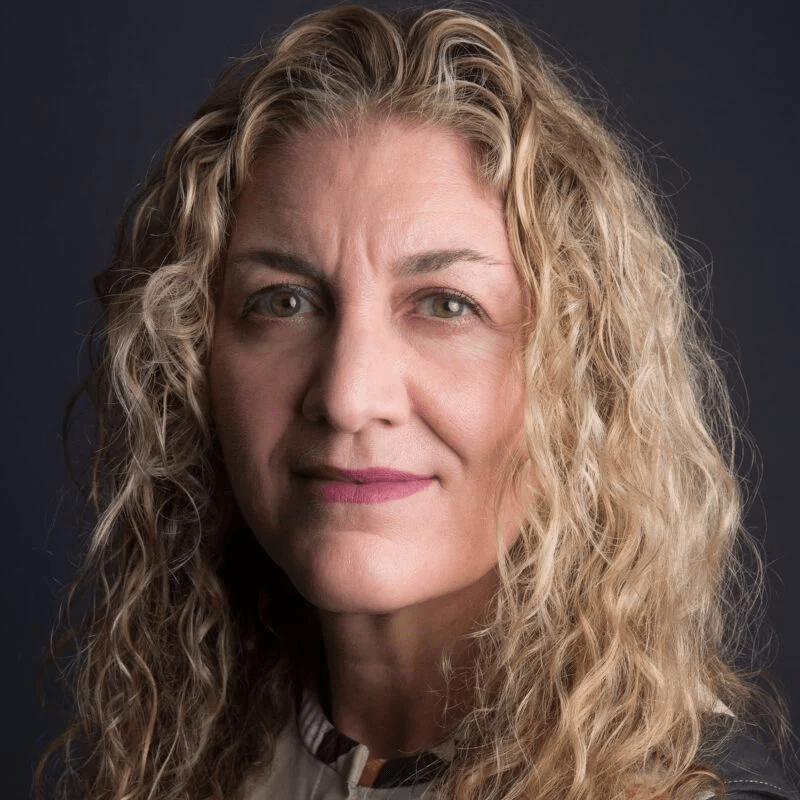 Tracy Weber (’89) has been promoted to deputy managing editor at ProPublica. In the past five years, work edited by Weber has won virtually every honor in journalism, including a series on systemic problems in the Navy that won the 2020 Pulitzer Prize for national reporting.
Tracy Weber (’89) has been promoted to deputy managing editor at ProPublica. In the past five years, work edited by Weber has won virtually every honor in journalism, including a series on systemic problems in the Navy that won the 2020 Pulitzer Prize for national reporting.
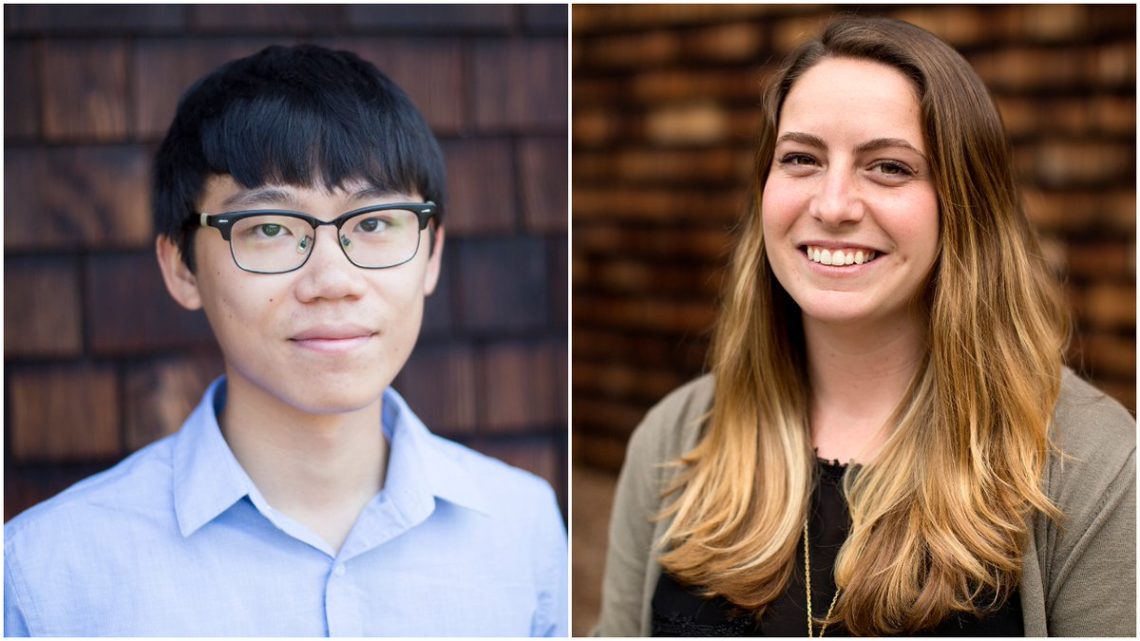
Yutao Chen and Francesca Fenzi (’19) won RTDNA’s Student Murrow Award for Excellence in Digital Reporting for their thesis project “Dirty Business,” on recycling of U.S. waste in Vietnam.
Filmmaker and Advisory Board member Carrie Lozano (‘05) was named director of documentary film at Sundance in September. Carrie has been a pillar in Berkeley Journalism’s documentary film program in recent years, teaching the history of documentary film and co-teaching the documentary thesis course. She had been serving as managing editor of documentaries at the Investigative Reporting Program.
Advisory Board member Jason Spingarn-Koff (‘01), director of original documentary programming at Netflix, joined The Academy of Motion Picture Arts and Sciences’ 2020 class of artists and executives who have distinguished themselves by their industry contributions.
Bret Sigler‘s (’03) documentary “Enemies of the People: Trump and the Political Press”—an unprecedented look at how Trump’s rhetoric and the response by mainstream media have reshaped journalism—premiered on VICE.
Clare Major (’10) was named to DOC NYC’s “40 Under 40” list. Clare is a cinematographer and documentary filmmaker who specializes in handheld observational camerawork.
Director Mike Milano‘s (’15) latest documentary “Burning Ojai: Our Fire Story” premiered October 28th on HBO Docs. Stream it on HBO Max.
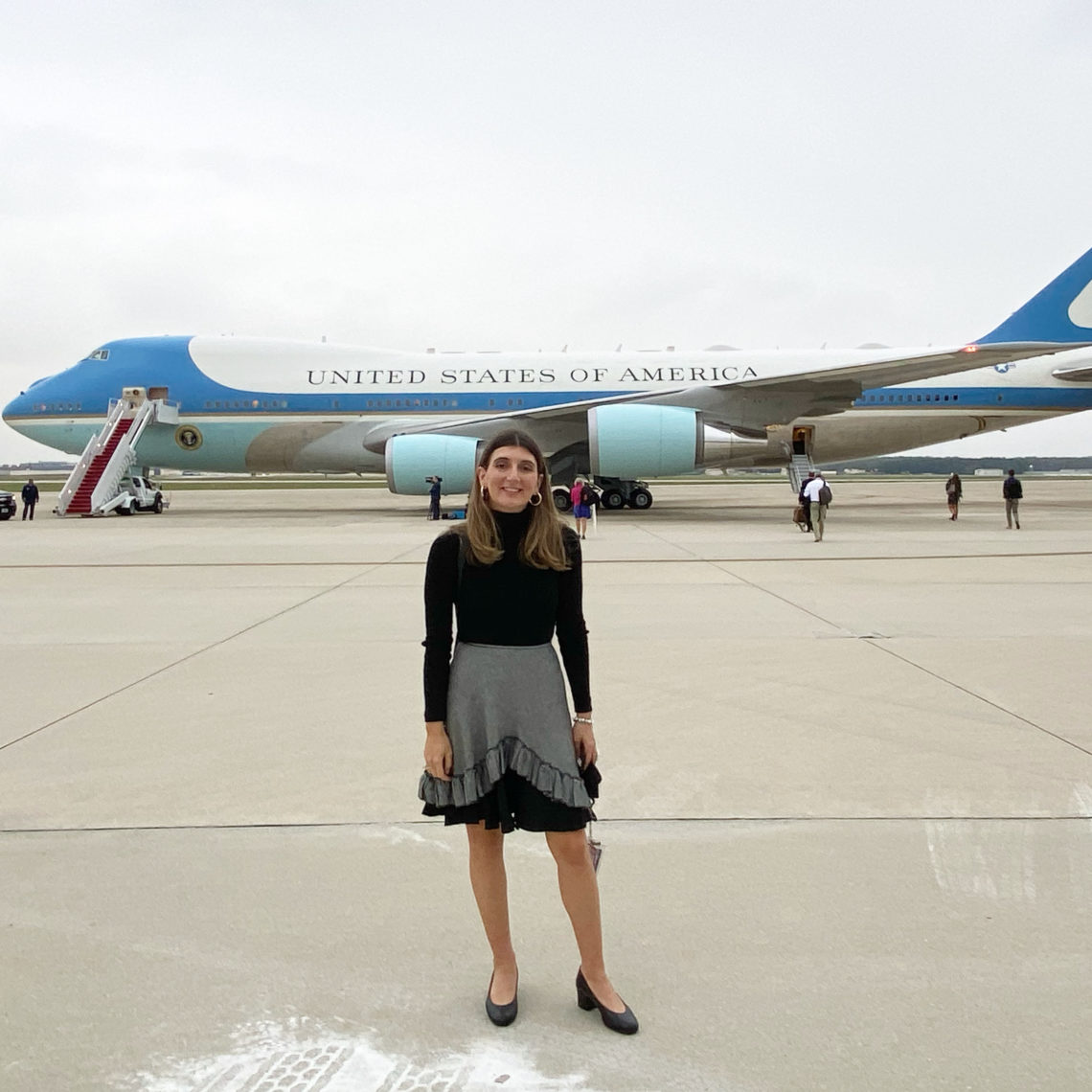 Misyrlena Egkolfopoulou (’18), 2020 Campaign Reporter for Bloomberg News, ahead of boarding Air Force One to travel with the President to a rally in Middletown, PA on Sat, Sept. 26.
Misyrlena Egkolfopoulou (’18), 2020 Campaign Reporter for Bloomberg News, ahead of boarding Air Force One to travel with the President to a rally in Middletown, PA on Sat, Sept. 26.
Sam Goldman (‘19) profiled New York Times columnist Michelle Goldberg (’98), one of the most visible opinion journalists in the country, and part of a team of Times journalists including Jodi Kantor and Megan Twohey, that won the 2018 Pulitzer Prize in Public Service.
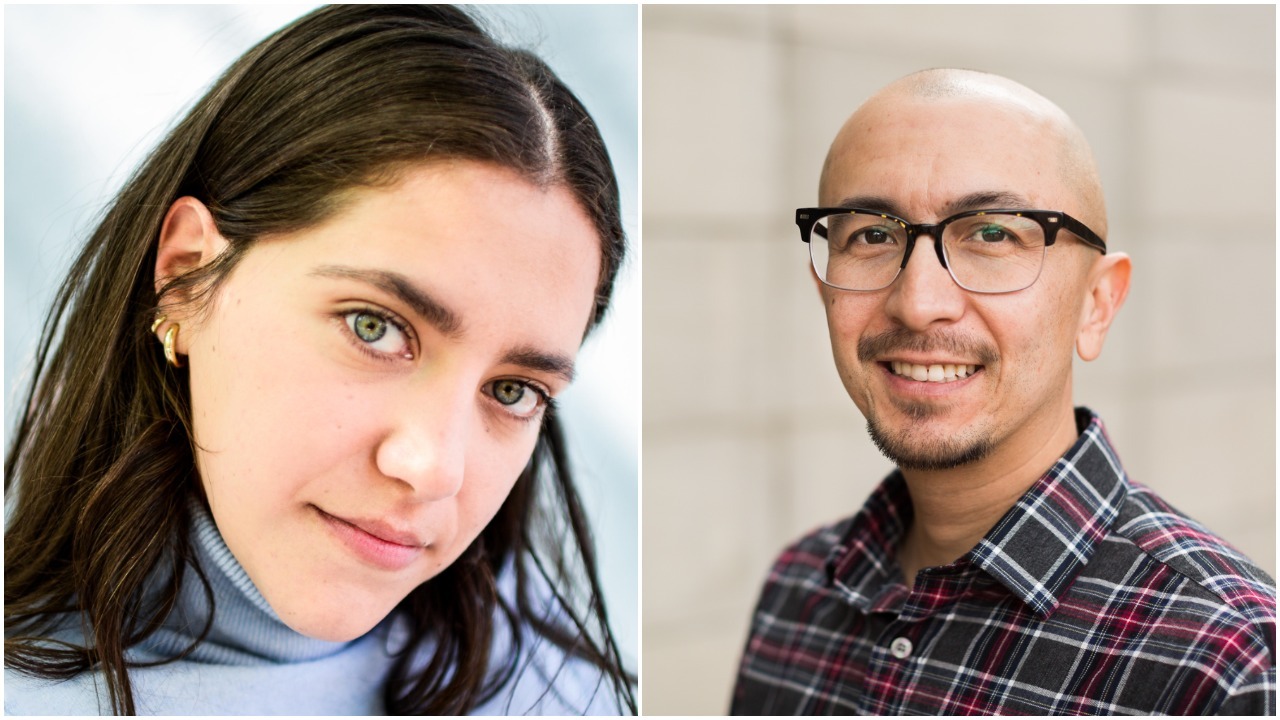 Marian Carrasquero & Jean-Philippe “J.P.” Dobrin’s (’19) thesis documentary “Irse: Leaving Venezuela”— about an expectant family fleeing poverty and failing healthcare system—premiered on AJ Witness (Al Jazeera English).
Marian Carrasquero & Jean-Philippe “J.P.” Dobrin’s (’19) thesis documentary “Irse: Leaving Venezuela”— about an expectant family fleeing poverty and failing healthcare system—premiered on AJ Witness (Al Jazeera English).
Emily Thomas‘ (‘18) latest film, the beautifully shot and intimate “Last Days at Paradise High” for the New Yorker captured the buoyant innocence and post-trauma resilience of high-school seniors maneuvering through a pivotal life phase after Northern California’s Camp Fire. Watch it here.

Chris Jenkins (’00), an award-winning journalist and independent filmmaker who for nearly two decades was a reporter and editor at The Washington Post and on the team that won the 2008 Pulitzer Prize for Breaking News for coverage of the Virginia Tech massacre, has a new seven-part docuseries Mavericks currently in production.
Advisory Board member Mark Luckie‘s (‘07) latest work “Valley Girls” is one of fiction, revealing the questionable mechanics of Silicon Valley he experienced first-hand working for some of the most influential social platforms in the world. Online and in bookstores January 12. Pre-order here.
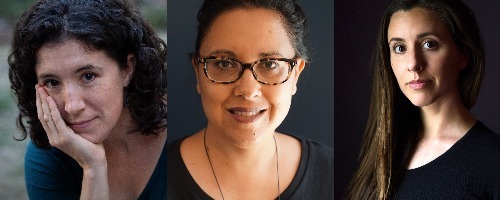
Clare Major, Carrie Lozano and Eva Rendle.
Clare Major (‘10) was director of photography, Eva Rendle (‘19) associate producer and Carrie Lozano (‘05) consulting producer on “Belly of the Beast”—an exposé of human rights abuses in women’s prisons, highlighting modern-day eugenics and reproductive injustice—currently screening virtually. The New York Times called it “timely and bracing” in a Critic’s Pick in October.

Rachel Loyd (’18) covering the arrival of the president in Fort Myers, FL. Watch this rising star rise!
Sam Goldman (‘19) profiled alum Terry McMillan (BA ‘77), who has garnered critical acclaim for plumbing the depths of human nature and bringing Black women protagonists to the forefront of bestseller lists for decades.
Director and producer Lucas Guilkey’s (‘19) thesis film, “What Happened to Dujuan Armstrong?” won the 2020 British Academy of Film and Television Arts (BAFTA) Student Film Award for Documentary. Read our interview with him here.
Three alums were nominated for NYU Journalism’s Top 10 Works of Journalism of the Decade: Garance Burke (’04) of the AP was nominated for “Torn Apart: Immigration in the Era of Trump” about babies and young children forcibly separated from their parents; Stephen Hobbs (’14) for “Unprepared and Overwhelmed,” on the Parkland shootings, and Jonathan Jones (’05) for his PBS Frontline documentary “Firestone and the Warlord,” investigating the relationship between Firestone and Liberian warlord Charles Taylor.
Sachi Cunningham (‘05) a documentary filmmaker and professor of multimedia journalism at San Francisco State University has a new film out. “CRUTCH,” a 20-year labor of love, had its world premiere at DOC NYC November 11-19. CRUTCH chronicles the gravity-defying life of Bill Shannon, a disabled, internationally-renowned artist, breakdancer and skate punk—on crutches. Former lecturer Deborah Hoffman was an editorial advisor on the film and Rob Harris (’05) and Lee Wang (’06) are among the camera people who worked on the project.
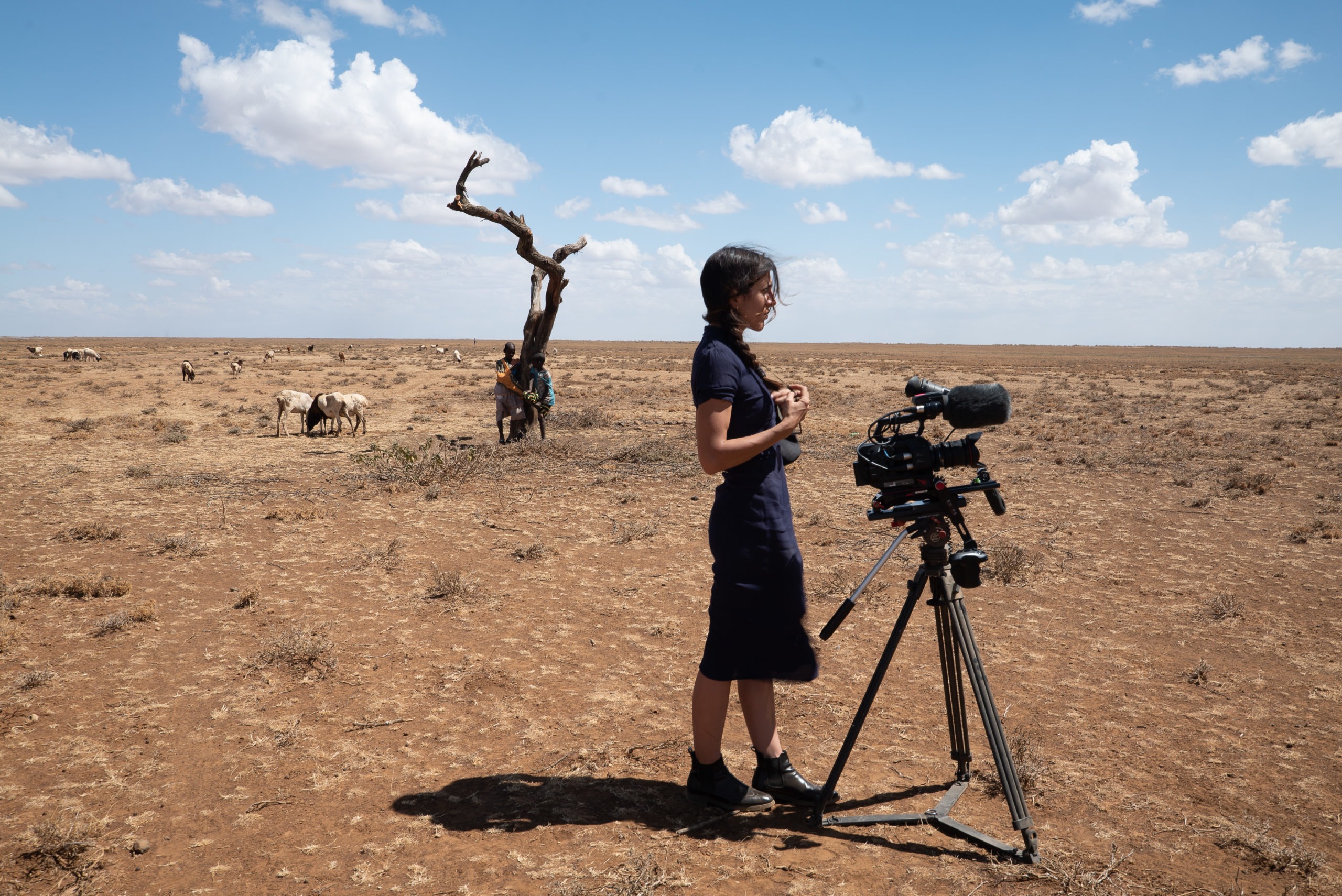
Daphne Matziaraki’s (’16) filming in Kenya.
Filmmaker Daphne Matziaraki‘s (’16) beautifully shot documentary short ‘Container’—on the agony and anxiety of unaccompanied minors living in limbo in a Greek migrant camp—aired on New York Times Op-Docs.
“Challenger: The Final Flight,” a four-part documentary that alum Steven Leckart (’07) developed, produced, and co-directed, premiered on Netflix. He was also writer and supervising producer for SpringHill Company’s two-parter: “What’s My Name: Muhammad Ali” for HBO—directed by Antoine Fuqua, with executive producers LeBron James and Maverick Carter—winner of a Sports Emmy for Outstanding Sports Documentary.
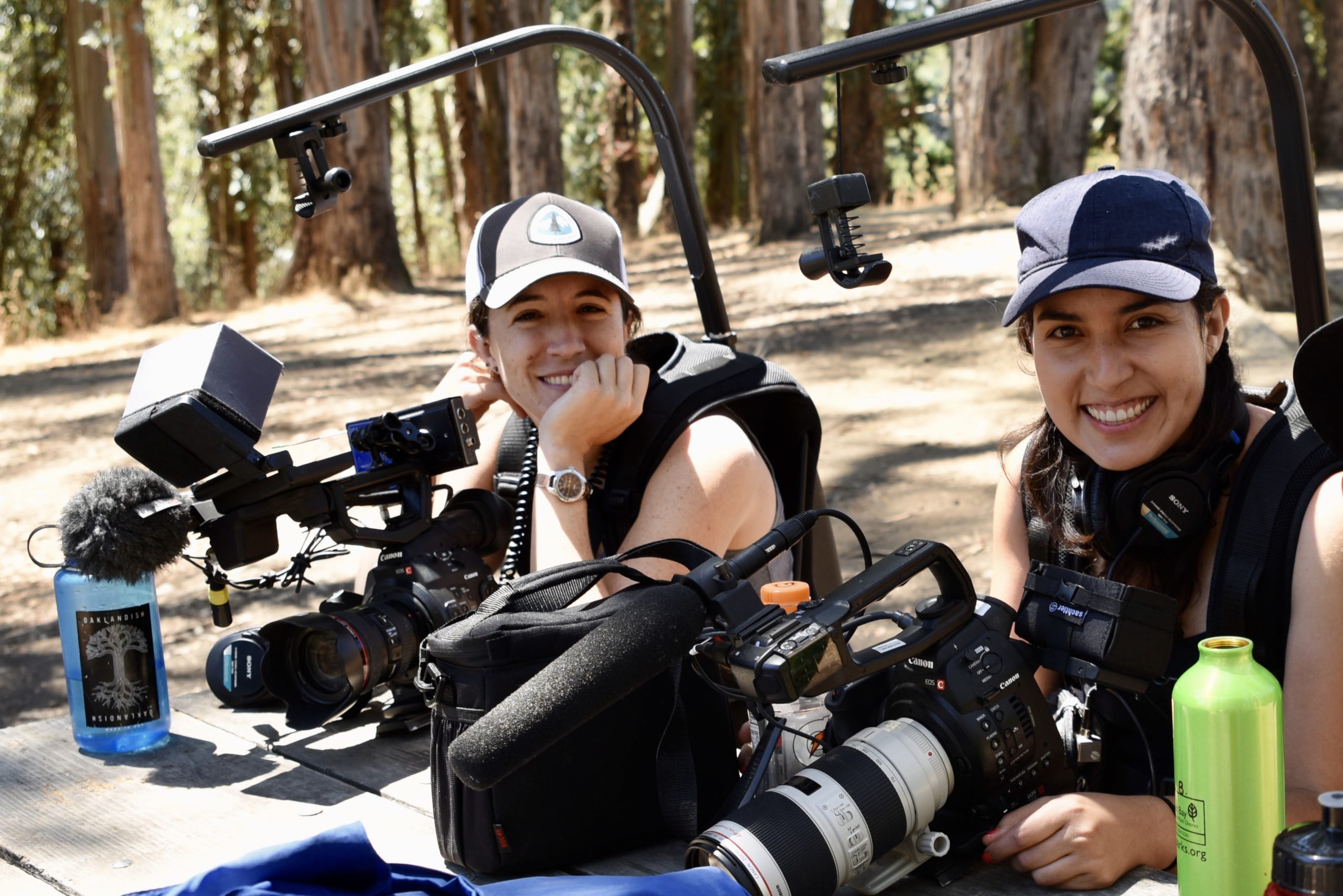
Clare Major and Guisel Contreras
Guisel Contreras (’15) was camerawoman/AP/AE and Clare Major (’10) director of photography on ‘We Are The Radical Monarchs‘—about a group of young women of color in Oakland, California on the front lines of social justice—that aired on POV Docs.
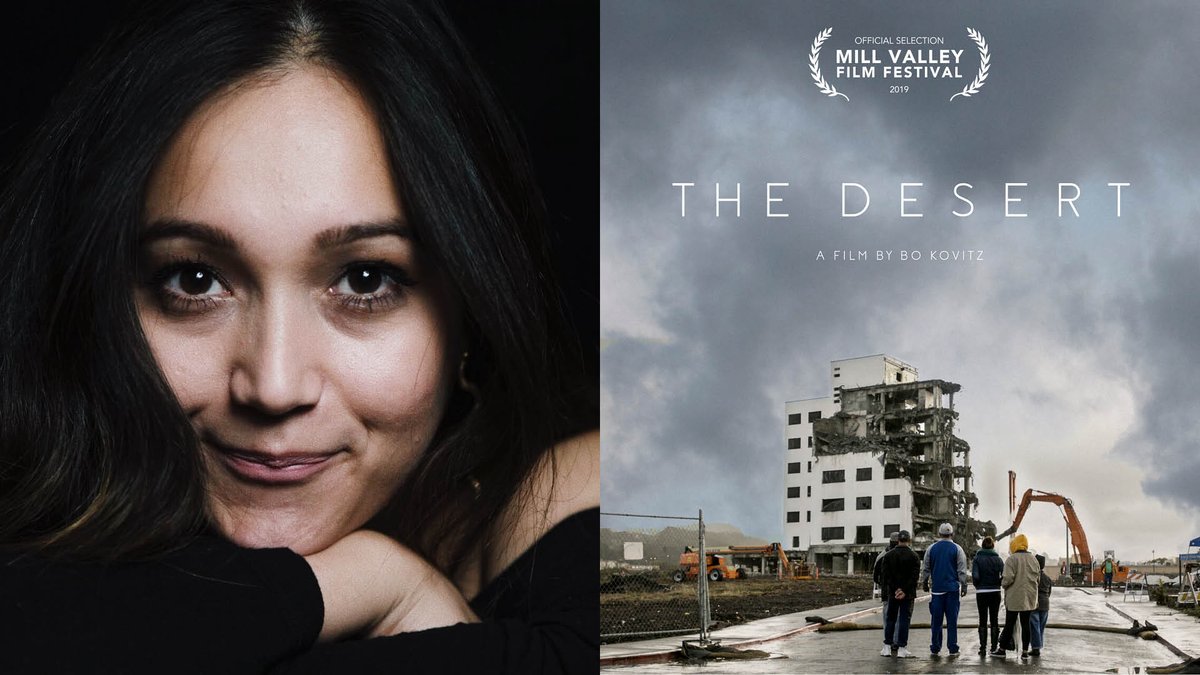
Bo Kovitz’s (‘19) thesis film “The Desert”—which chronicles the lasting loss of a major public hospital in the Bay Area—aired on KQED’s “Truly CA.” Stream it here.
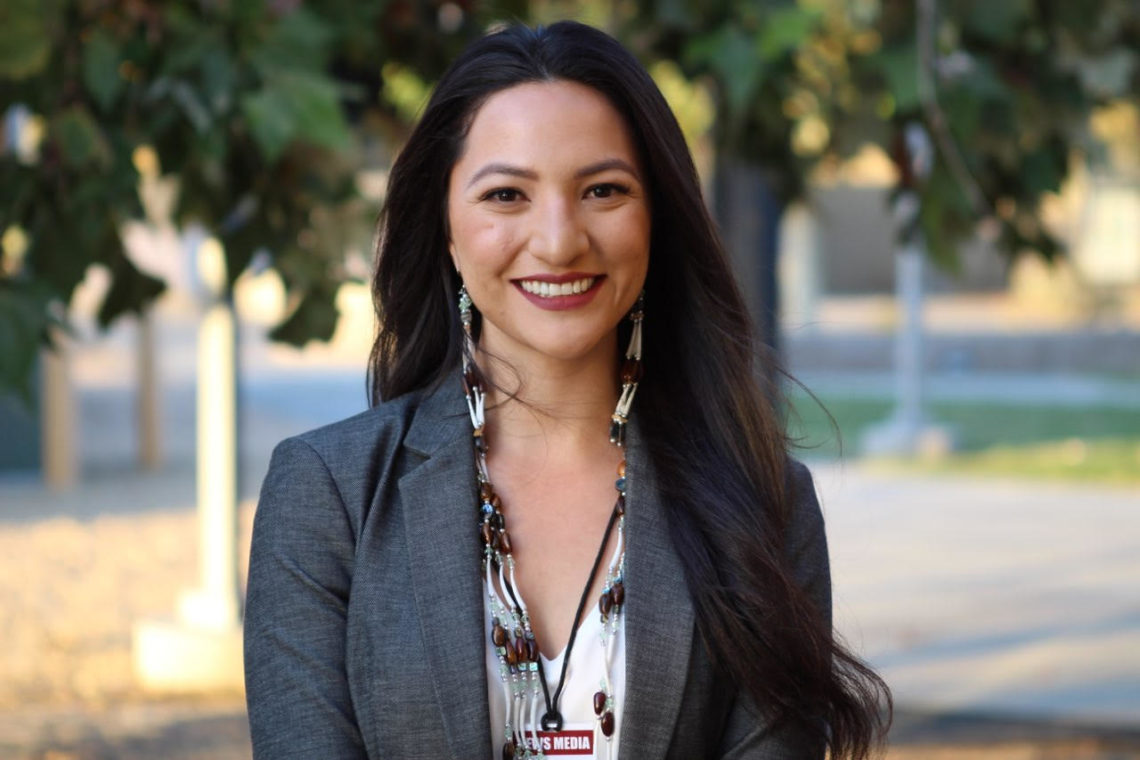
Native American director Tsanavi Spoonhunter‘s (’20) thesis documentary “Crow Country: The Right to Food Sovereignty”—following tribal members navigating a food apartheid and fighting for a better future for their community—won Best Documentary Short at the 45th Annual American Indian Film Festival in November.
Rebecca Solnit (’84) has two particularly germane articles for the environmental and political climate in which we find ourselves. “Rebecca Solnit on Black Swans, Slim Chances, and the 2020 Presidential Election” argues “The tricky thing about hope is to not confuse it with optimism” and an op-ed, “California’s dark, orange sky is the most unnerving sight I’ve ever woken up to,” in The Guardian.
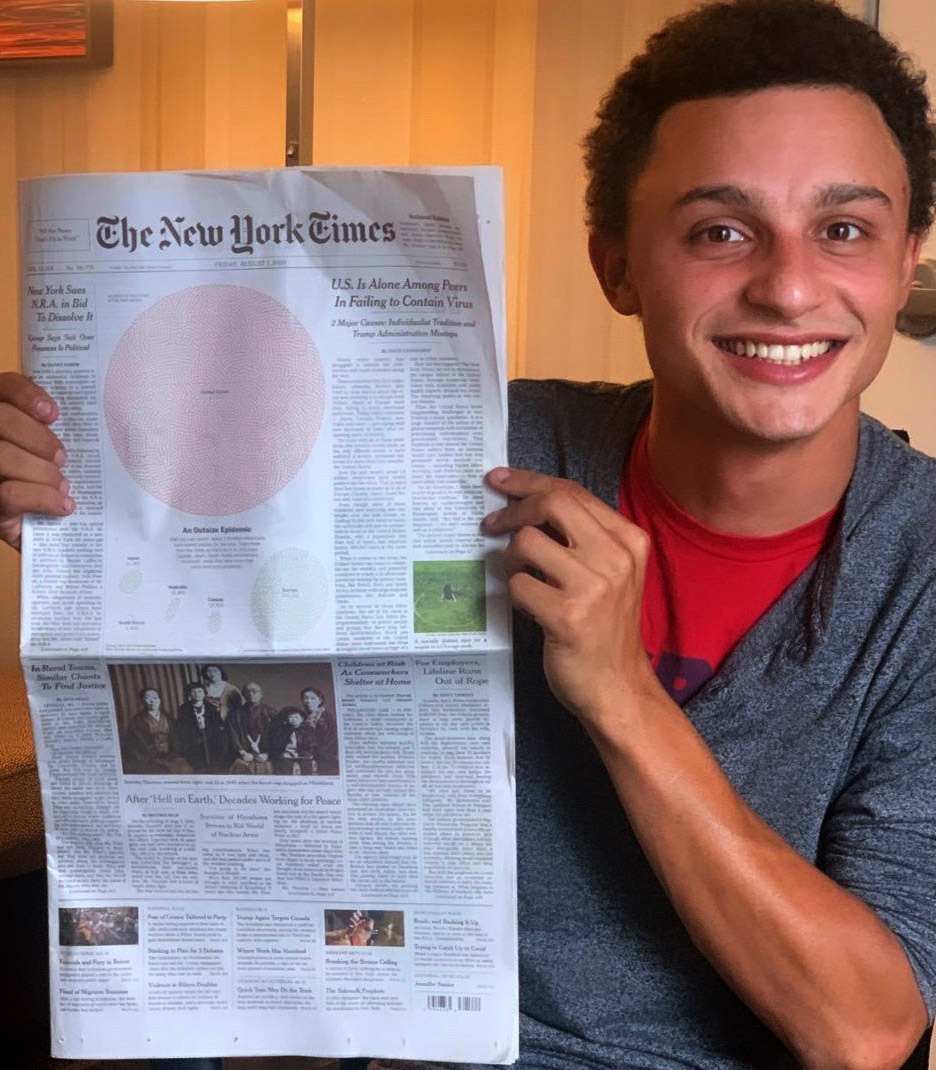
When your name appears on 1A of The New York Times for the very first time… Daniel Lempres (’21)
News From Our Investigative Reporting Program (IRP)
The IRP has since March been leading extraordinary publishing partnerships with The New York Times, CalMatters, KQED and others to cover the pandemic, the racial reckoning and the elections. These partnerships have enabled dozens of our students to have their work published in some of the best local, national and international journalism organizations, including PBS Frontline and PBS NewsHour. This has taken an enormous and persistent commitment from the IRP leadership, for which we, as a community, remain deeply indebted.
Meanwhile, the IRP has continued to lead major investigative projects. IRP reporter Garrett Therolf and five students wrote an in-depth story about the pandemic’s impact on child abuse investigations that was published on Page One of The New York Times in August. Garrett and his team showed how investigations into reports of the abuse and neglect of children have been delayed or curtailed as a result of the pandemic—and the deadly result. Kudos to students Aksaule Alzhan (’20), Daniel Lempres (’21), Laurence Du Sault (’20), Ricky Rodas (’20) and Alyson Stamos (’20) for their deep reporting on this story.
Lecturer and former IRP reporter Abbie VanSickle was the lead reporter of The Marshall Project’s national investigation “Mauled: When Police Dogs Are Weapons.” Michelle Pitcher (’21) spent months gathering data for the project while working as an IRP research assistant.
Regrettably, we are cancelling the 2021 Reva & David Logan Symposium on Investigative Reporting again in the spring due to the continued ban on large gatherings on campus.
New Berkeley Advanced Media Institute (BAMI) Courses
The Berkeley AMI team has successfully transitioned three courses online since March and has two more new courses in the pipeline for early 2021. The first and longest running course called Podcasting: Telling Stories In Sound has had four cohorts so far, with a total enrollment of 135 students. The next podcasting cohort begins January 11. The second, Data Visualization For Storytellers, is currently running its first cohort, and will be followed by another one starting on January 25. Next month, the live mini-course, Sound Design For Podcasters, will be offered over two days on December 8 and 10.
In Conclusion
In closing, I want to say how impressed I am by the positive pivot made by our students, faculty and staff to online classes and learning during this global pandemic. Journalism has never been more important than it is today, and I am thrilled to share that we have received nearly twice as many applications for admission so far compared to last year.
I would also like to express my gratitude to Chancellor Carol Christ, Executive Vice Chancellor and Provost Paul Alivisatos, Vice Provost Benjamin Hermalin and the search committee for honoring and trusting me with the stewardship of this extraordinary institution. With the support of you, our passionate Berkeley Journalism community, I could not be more excited for the journey we are embarking on together to strengthen and transform our school—and to change the face of journalism.
Wishing each of you a warm and safe holiday season ahead,

Geeta Anand
Dean and Professor
Robert A. Peck Chair
Berkeley Journalism
